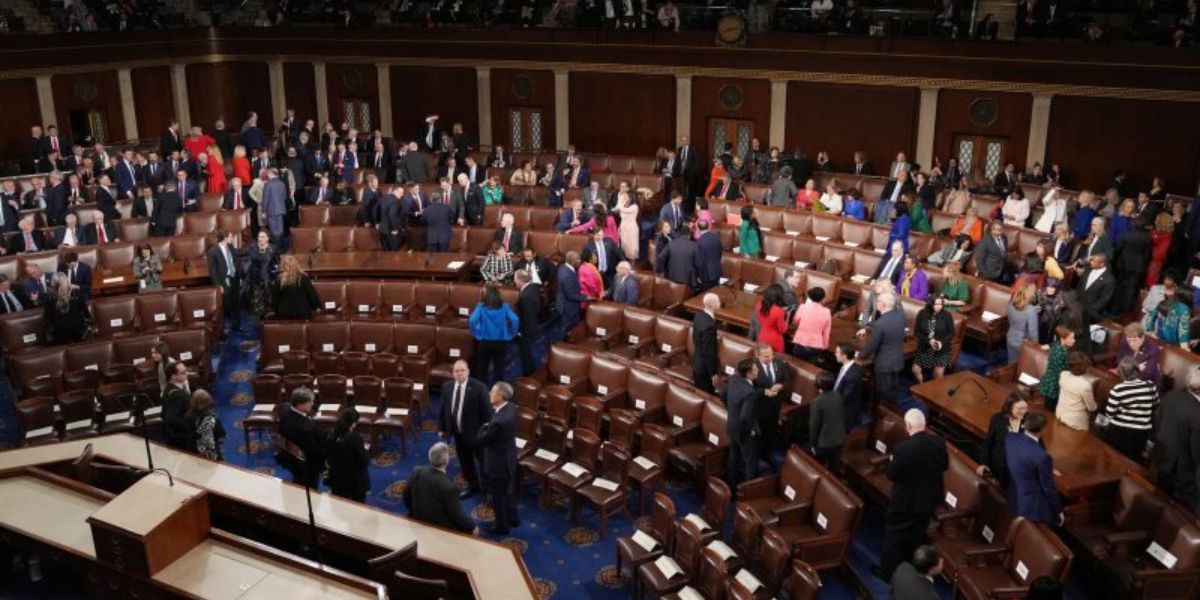According to a report that was released on Thursday by the independent Congressional Budget Office, the budget reconciliation measure that was passed by the House and supported by the Trump administration would be beneficial to those with higher incomes, but it would be detrimental to those with lower incomes.
The findings of the CBO indicated that between the years 2026 and 2034, after-tax federal benefits “would decrease for households toward the bottom of the income distribution, whereas resources would increase for households in the middle and top of the income distribution,” according to the report.
During an interview, Republican House Speaker Mike Johnson stated, “If you are a hardworking American who is struggling to take care of your family, you are going to love this legislation.” Johnson was answering questions about the proposal.
The report from the CBO, on the other hand, suggests that the top 10% of earners would be eligible for the greatest tax reductions.
According to the research conducted by the CBO, households with annual incomes of up to $107,000 will experience an average tax reduction of $1,200 until the year 2034.
An annual tax savings of $1,750 will be provided to individuals earning up to $138,000 annually; a benefit of $2,400 will be provided to individuals earning up to $178,000 annually; a benefit of $3,650 will be provided to individuals bringing in $242,000 annually; and households earning up to $682,000 annually can anticipate receiving a tax benefit of $13,500 annually.
The findings of the CBO assessment were reflected in a recent analysis conducted by the Joint Taxation Committee, which similarly found that individuals with lower incomes in the United States would benefit less from the law than those with higher incomes.
Read Also: DHS: 70 Illegal Immigrants Detained, ICE Officers Assaulted in Meat Plant Raid
The budget bill, which has been met with resolute opposition from Democrats, religious leaders, and advocates for social services, is facing a challenging path in the Senate.
Even some members of the Republican Party have voiced their concern about the extent of the cuts, particularly with regard to Medicaid services and SNAP benefits, which would be most directly impacted by the most vulnerable individuals in the United States.
Those in the academic and scientific communities have also voiced their disapproval of the budget bill’s proposed reductions in research funding, which would result in an increase of trillions of dollars in the national debt.



